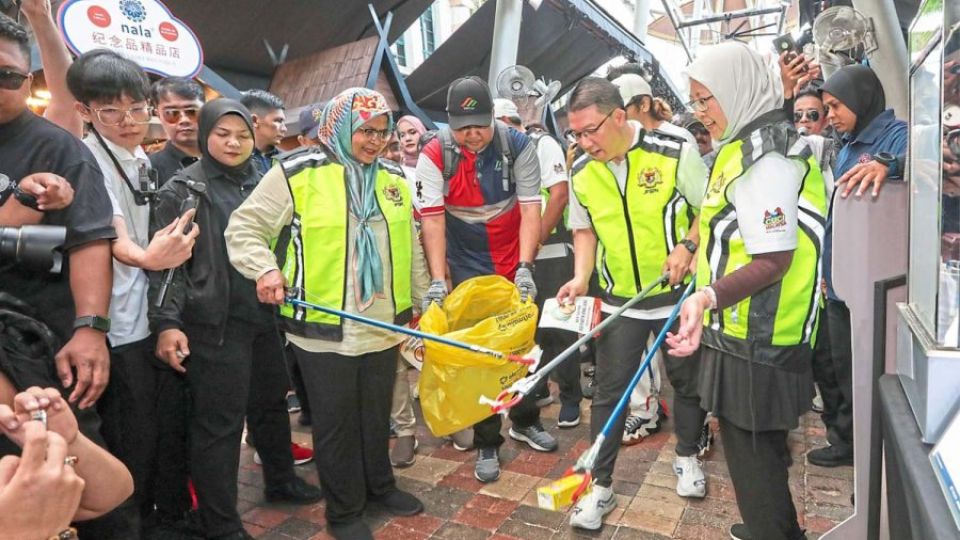November 22, 2024
KUALA LUMPUR – AS SHE marks 100 days in office tomorrow, Kuala Lumpur mayor Datuk Seri Maimunah Mohd Sharif shares with StarMetro her vision for transforming the Malaysian capital into a developed and inclusive city.
In this candid interview, the former Penang Island City Council mayor, 63, discusses her ambitions to reshape Kuala Lumpur’s landscape through the proposed Urban Redevelopment Act (URA), which aims to revitalise urban areas.
Kuala Lumpur’s first female mayor wants to encourage a shift towards vertical living and addresses challenges of creating a sustainable, equitable environment for all.Developing upwards Maimunah said there was a need for a new mindset around vertical living.
“The URA is still a proposal, so I won’t go into details.
“However, for the redevelopment of ageing flats across the city, residents must understand the financial responsibilities tied to this modern lifestyle and adjust their expectations accordingly.
“Moving into larger units with more facilities will come with higher maintenance costs.
“When we redevelop, we aim to do so alongside the people who have lived there for decades,” she added.
Having worked for the United Nations for six years as executive director of the Human Settlements Programme (UN-Habitat), and having visited 1,600 cities in 93 countries, Maimunah observed that, “With limited land resources, vertical development is our only option.
“We can look to cities like Singapore and Hong Kong, which also had to go vertical.
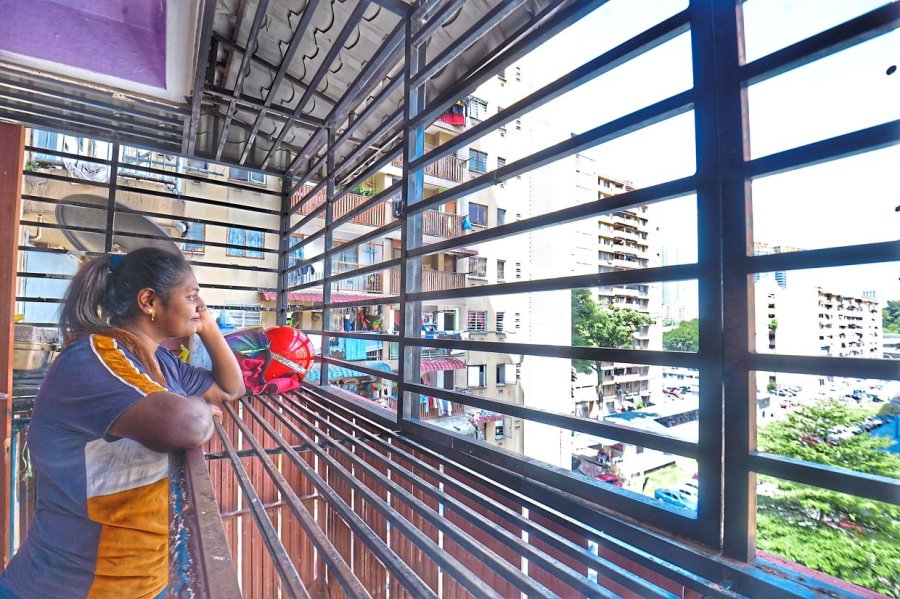
In terms of housing, the mayor says vertical development is the only option. PHOTO: THE STAR
“However, this growth must be guided by density- and plot-ratio guidelines to ensure it doesn’t disrupt residents’ lives.”
Beyond regulations, Maimunah emphasised that communities must have access to facilities such as parks, community centres, schools, hospitals and supermarkets.
This aligns with the 15-minute city concept whereby essential needs are within a 15-minute walk or bike ride.Ideal homes in city centreIn a meeting with Real Estate and Housing Developers Association (REHDA) in October, Maimunah stressed that housing should be both affordable and accessible, especially in the city centre.
“Affordable housing shouldn’t be located 35km from where people work, as this only increases the burden of traffic and distance.
“Living in the city centre provides convenient access to workplaces and facilities, but residents must also be willing to pay maintenance fees.
“Some may argue that they are justified in not paying for poor services.
“However, if they want to benefit from quality services, they need to contribute payment.”Encouraging ownershipAs the Commissioner of Building (COB) Kuala Lumpur, Maimunah believes there is a need for an advocacy and communication package to outline residents’ responsibilities.
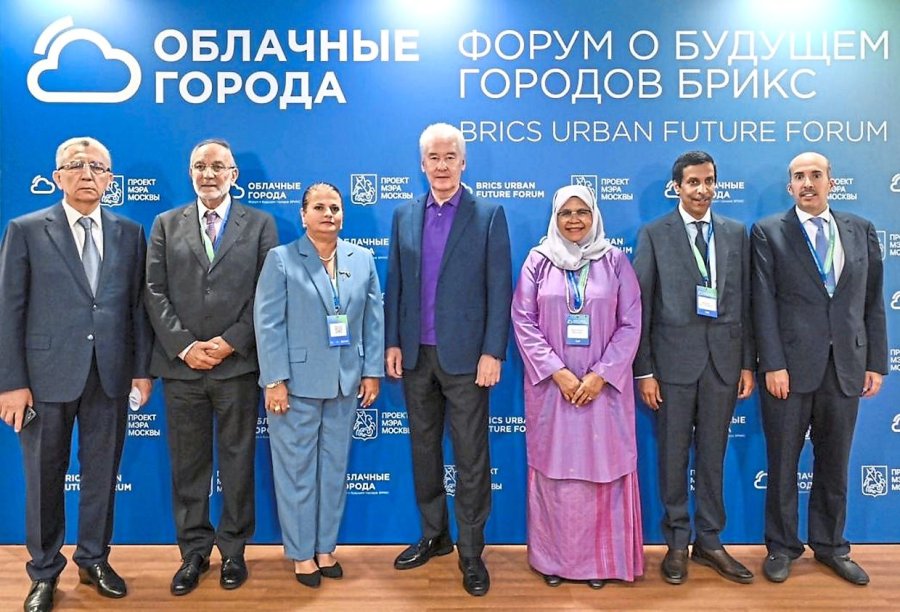
Mayor Maimunah (third from right) consulted Sobyanin (on her right) during BRICS Urban Future Forum in Moscow to discuss prospects for the sustainable development of megacities. PHOTO: CONTRIBUTED/THE STAR
“This package should raise awareness, inform and inspire action, combining educational content, guidelines and targeted campaigns to drive positive behaviour and policy change.
“Living in these areas means upholding standards, maintaining cleanliness and not discarding rubbish irresponsibly.
“We’re working closely with community leaders, Urbanice Malaysia and Think City, and have our own initiatives to reinforce these responsibilities within well-facilitated urban environments,” she said.
“In Penang, when I was mayor, I would ask people, ‘How does the rubbish get there?’
“It was a reminder that litter doesn’t appear on its own and that it is our responsibility to keep our surroundings clean.”
She said she was inspired by a People’s Residency Programme (PRR) community in Lembah Subang, Selangor, who had transformed their shared space into a five-star lobby.
“The power of that community to bring about change was incredible and has inspired others.
“I’m considering a competition to encourage residents to take ownership of their public spaces.
“In Nairobi, I saw a community transform dumpsites into vibrant public areas, driven by the energy of young people.
“I hope to make similar changes in Kuala Lumpur, in collaboration with Think City and Urbanice.”
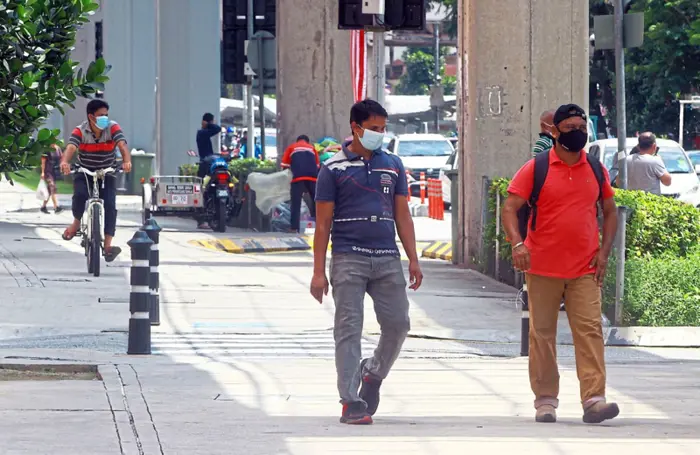
Mayor Maimunah says to become a walkable city, Kuala Lumpur needs to be pedestrian-friendly and improve public transport services. PHOTO: THE STAR
She said 32 areas had been identified for this initiative and they were looking to engage with local communities to make it happen.Making KL a walkable cityMaimunah said Malaysian cities were far ahead compared to certain African and South American cities.
“But we still have much to learn, especially in improving public transport and creating liveable, walkable cities.”
During her recent visit to Moscow, Russia, for BRICS Urban Forum, she spoke with Moscow mayor Sergei Sobyanin, who had been re-elected three times and is acknowledged for his commitment in making the city pedestrian-friendly and liveable.
“I asked him, ‘How did you achieve this?’ He told me it was challenging at first, with plenty of complaints and resistance from residents, but today, Moscow is a vibrant hub of activity.”
Maimunah also said that during a gotong-royong session in Bukit Bintang in September, she had asked community leaders about pedestrianising the area and they were enthusiastic about it, wanting to discuss it further.
“I’ve been to cities like Stockholm (Sweden), Sydney and Melbourne (Australia), where congestion charges are imposed for vehicles entering the city centre,” she said.
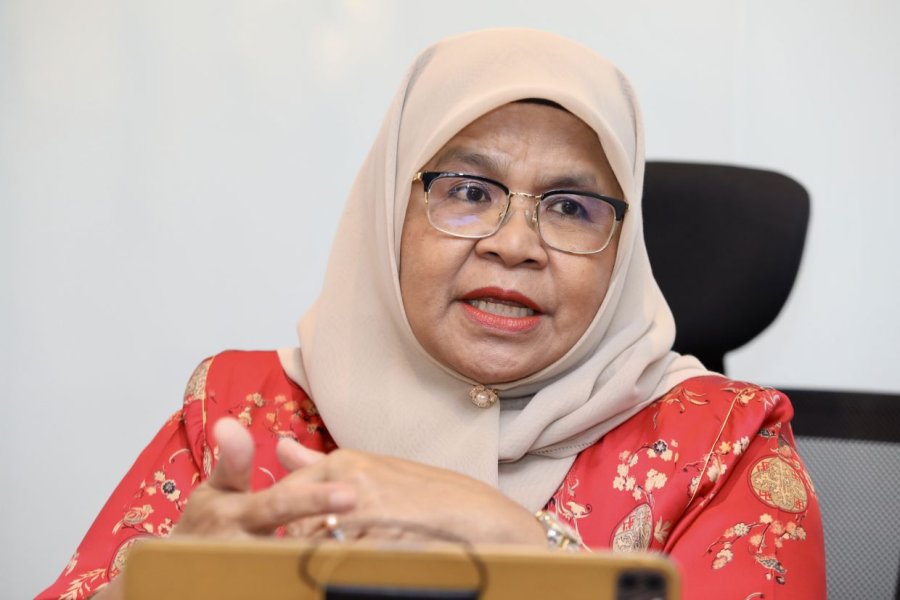
“We can look to cities like Singapore and Hong Kong, which also had to go vertical. However, this growth must be guided by density- and plot-ratio guidelines,” says Kuala Lumpur Maroy Datuk Seri Maimunah Mohd Sharif. PHOTO: THE STAR
“These cities prioritise public transport and even incentivise developers not to build parking bays, focusing instead on connectivity to public transport hubs.
“Here, we still give perks to developers to build more parking spaces,” she said.
“But, for congestion charges to work, we need an excellent public transport system.
“That’s why the government is encouraging public transit use and why we’re having more dedicated bus lanes in the city.
She stressed that this required a shift in mindset and changes needed to be made now.

